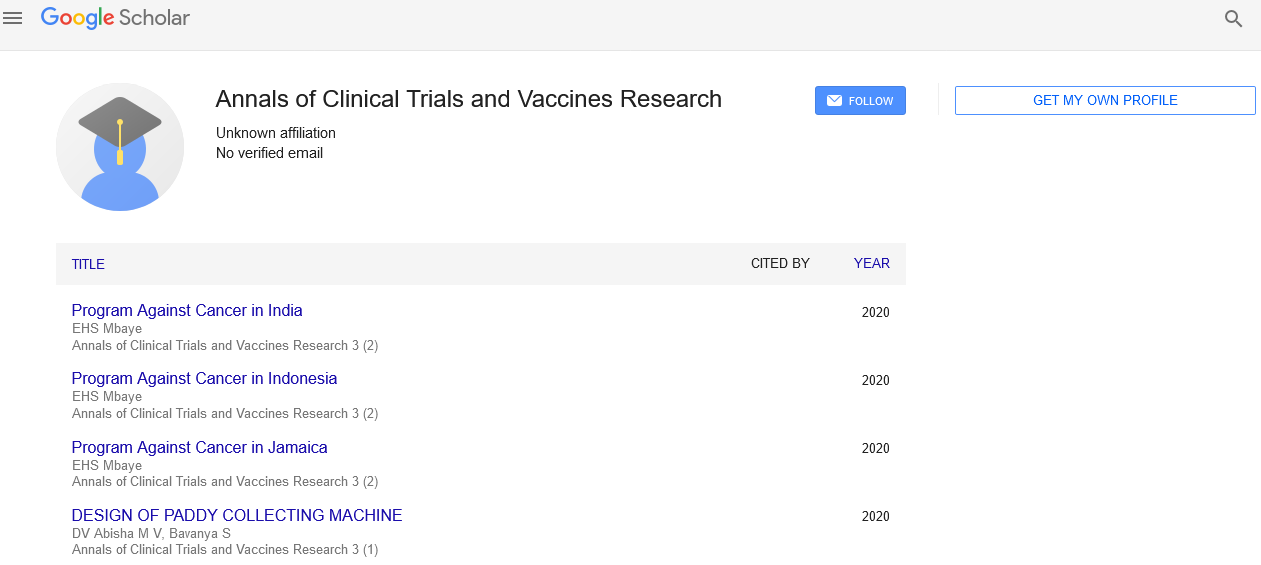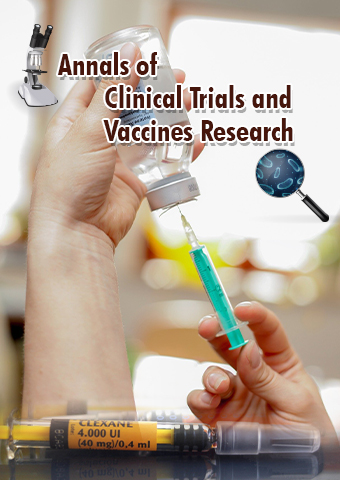Perspective - Annals of Clinical Trials and Vaccines Research (2024) Volume 14, Issue 4
The Values of Drugs in the Market: A Comprehensive Analysis
- Corresponding Author:
- Koushik Dutt
Department of Pharmaceutics,
Veeravalli University,
Veeravalli,
India
E-mail: Koushik27@duttgmail.com
Received: 16-Jul-2024, Manuscript No. ACTVR-24-141167; Editor assigned: 19-Jul-2024, Pre QC No. ACTVR-24-141167 (PQ); Reviewed: 02-Aug-2024, QC No. ACTVR-24-141167; Revised: 07-Aug-2024, Manuscript No. ACTVR-24-141167 (R); Published: 12-Aug-2024, DOI: 10.37532/ACTVR.2024.14(4).260-261
Introduction
The pharmaceutical market plays a critical role in healthcare systems worldwide. Drugs are developed to treat a vast array of conditions, from minor ailments to life-threatening diseases. The value of these drugs extends beyond their immediate therapeutic effects; they have economic, social, and ethical implications. This article explores the multifaceted values of drugs in the market, examining their impact on healthcare, economies, innovation, and society.
Description
Therapeutic value
Improving health outcomes: The primary value of drugs lies in their ability to improve health outcomes. Effective medications can alleviate symptoms, cure diseases, and prevent illnesses, significantly enhancing the quality of life for patients. For instance, antibiotics have drastically reduced mortality rates from bacterial infections, while antiretroviral drugs have transformed HIV from a fatal disease to a manageable chronic condition.
Reducing healthcare costs: Drugs can also reduce overall healthcare costs by preventing complications and the need for more expensive treatments. Vaccines, for example, prevent diseases that would otherwise require costly hospitalizations and longterm care. Similarly, effective management of chronic conditions with medication can prevent the need for surgeries or hospital admissions, ultimately saving healthcare systems substantial amounts of money.
Economic value
Pharmaceutical industry contributions: The pharmaceutical industry is a significant contributor to the global economy. It generates billions of dollars in revenue and creates millions of jobs worldwide. The industry also stimulates economic growth through investment in Research and Development (R and D), manufacturing, and distribution. Countries with robust pharmaceutical sectors often experience substantial economic benefits, including increased GDP and enhanced trade balances.
Market dynamics and competition: The presence of multiple drugs for the same condition fosters competition, which can drive down prices and improve drug quality. Generic drugs, for example, provide more affordable options for patients once patents on brand-name drugs expire. This competition encourages pharmaceutical companies to innovate continuously, developing new and improved medications to maintain their market share.
Social value
Access to treatment: The availability of a wide range of drugs ensures that more patients can access the treatments they need. This is particularly important for underserved populations, including those in low- and middle-income countries. International organizations and pharmaceutical companies often collaborate to provide essential medications at reduced costs or for free in these regions, addressing significant healthcare disparities.
Public health impact: Drugs play a crucial role in public health initiatives. Vaccination programs, antibiotic distribution, and antiviral treatments are essential in controlling and eradicating infectious diseases. The availability and widespread use of these drugs have led to the near-eradication of diseases like polio and the significant reduction of others, such as measles and malaria.
Innovation and scientific value
Advancing medical knowledge: The development of new drugs is a complex process that often leads to significant scientific advancements. Research conducted during drug development can uncover new biological pathways, disease mechanisms, and potential therapeutic targets. This knowledge contributes to the broader scientific community and can spur further innovation in medicine and other fields.
Personalized medicine: Advances in drug development have paved the way for personalized medicine, where treatments are tailored to an individual’s genetic makeup, lifestyle, and specific disease characteristics. This approach can lead to more effective and safer treatments, minimizing adverse effects and improving patient outcomes. Personalized medicine represents a significant shift in how diseases are treated and managed, offering the potential for more precise and efficient healthcare.
Ethical and regulatory considerations
Drug pricing and accessibility: The pricing of drugs is a contentious issue, with significant ethical implications. While pharmaceutical companies need to recoup R and D costs and generate profits, high drug prices can limit access for many patients. Balancing profitability with accessibility is a critical challenge and various models, such as tiered pricing and government subsidies, are employed to address this issue.
Regulatory oversight: Regulatory agencies, such as the FDA in the United States and the EMA in Europe, play a vital role in ensuring the safety and efficacy of drugs. These agencies establish rigorous guidelines and conduct thorough evaluations before a drug can enter the market.
This regulatory oversight protects public health and maintains trust in the pharmaceutical industry. However, regulatory requirements can also impact the speed at which new drugs become available, highlighting the need for a balanced approach that ensures both safety and timely access to innovative treatments.
Environmental and societal impact
Environmental concerns: The production and disposal of pharmaceuticals can have significant environmental impacts. Pharmaceutical residues in water sources, improper disposal of medications, and the carbon footprint of drug manufacturing are areas of concern. The industry is increasingly focusing on sustainable practices, including green chemistry, ecofriendly manufacturing processes, and proper disposal methods to mitigate these impacts.
Societal well-being: Beyond individual health benefits, the availability of effective drugs contributes to societal well-being. Healthy populations are more productive, leading to economic growth and improved quality of life. Additionally, the ability to treat and manage diseases reduces the burden on families and caregivers, enhancing overall social stability and cohesion.
Conclusion
The value of drugs in the market is multifaceted, encompassing therapeutic, economic, social, scientific, ethical and environmental dimensions. Effective medications improve health outcomes, reduce healthcare costs and drive economic growth. They also advance medical knowledge, promote public health, and contribute to societal well-being. However, the pharmaceutical industry faces significant challenges, including rising development costs, drug pricing, antibiotic resistance and the need for sustainable practices. Addressing these challenges requires a collaborative effort among stakeholders to ensure that the benefits of drugs are maximized while minimizing potential drawbacks. As the industry continues to evolve, the ongoing commitment to innovation, accessibility, and sustainability will be crucial in realizing the full value of drugs in the market.

